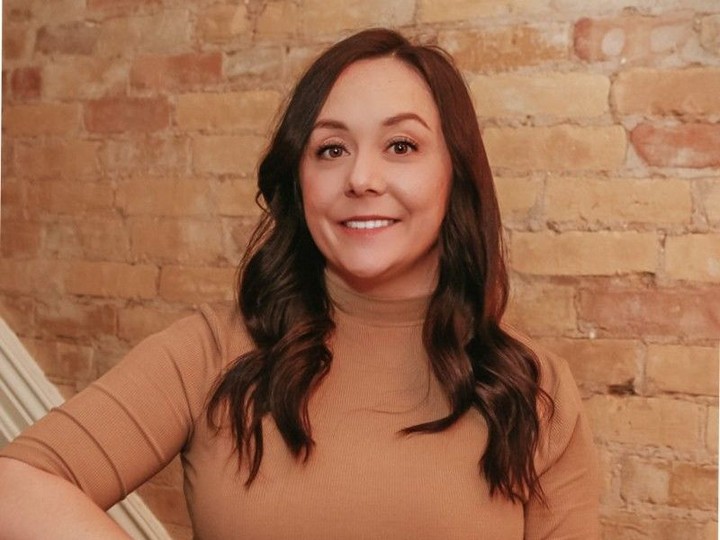hpv screening kit puts women in control: researcher
hpv collection kits may be the key to making cervical cancer screening more accessible.
testicular cancer: the most common cancer diagnosed in young men
treatment for testicular cancer can include chemotherapy, radiation or surgery to remove the testicle.
colorectal cancer is on the rise in people under 50. when was the last time you peeked at your poo?
cases of colorectal cancer among people under 50 have jumped almost 50 per cent since the mid-1990s, and it’s one of the most lethal cancers in this age group.
 5 minute read
5 minute read






